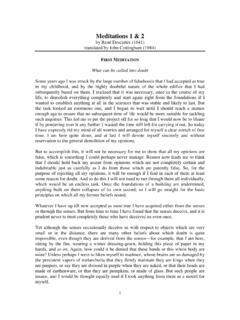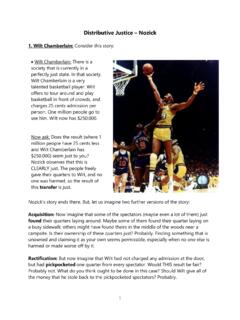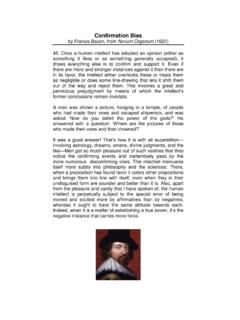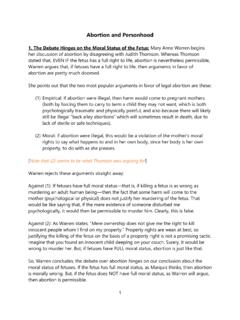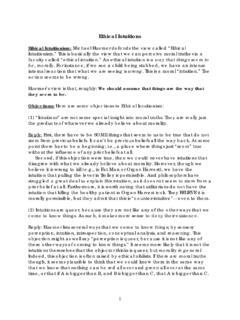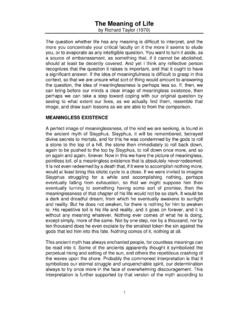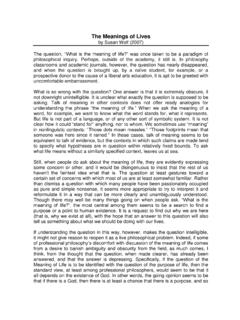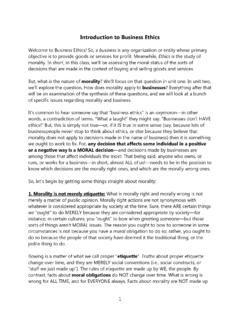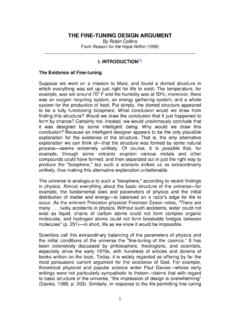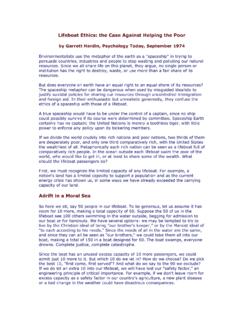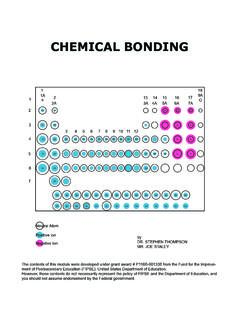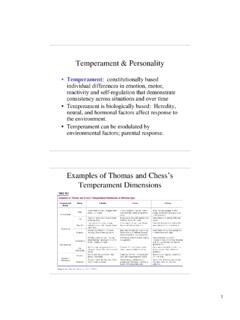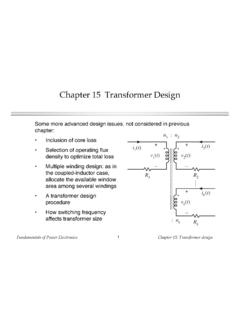Transcription of Why Abortion is Immoral - University of Colorado Boulder
1 Why Abortion is Immoral by Don Marquis (1989). The view that Abortion is, with rare exceptions, seriously Immoral has received little support in the recent philosophical literature. No doubt most philosophers affiliated with secular institutions of higher education believe that the anti- Abortion position is either a symptom of irrational religious dogma or a conclusion generated by seriously confused philosophical argument. The purpose of this essay is to undermine this general belief. This essay sets out an argument that purports to show, as well as any argument in ethics can show, that Abortion is, except possibly in rare cases, seriously Immoral , that it is in the same moral category as killing an innocent adult human being.
2 The argument is based on a major assumption. Many of the most insightful and careful writers on the ethics of Abortion such as Joel Feinberg, Michael Tooley, Mary Ann Warren, H. Tristram Engelhardt, Jr., Sumner, John T. Noonan, Jr., and Philip Devine believe that whether or not Abortion is morally permissible stands or falls on whether or not a fetus is the sort of being whose life it is seriously wrong to end. The argument of this essay will assume, but not argue, that they are correct. Also, this essay will neglect issues of great importance to a complete ethics of Abortion . Some anti-abortionists will allow that certain abortions, such as Abortion before implantation or Abortion when the life of a woman is threatened by a pregnancy or Abortion after rape, may be morally permissible.
3 This essay will not explore the casuistry of these hard cases. The purpose of this essay is to develop a general argument for the claim that the overwhelming majority of deliberate abortions are seriously Immoral . I.. [A] necessary condition of resolving the Abortion controversy is a more theoretical account of the wrongness of killing. After all, if we merely believe, but do not understand, why killing adult human beings such as ourselves is wrong, how could we conceivably show that Abortion is either Immoral or permissible? II. In order to develop such an account, we can start from the following unproblematic assumption concerning our own case: it is wrong to kill us. Why is it wrong? Some answers can be easily eliminated.
4 It might be said that what makes killing us wrong is that a killing brutalizes the one who kills. But the brutalization consists of being inured to the performance of an act that is hideously Immoral ; hence, the brutalization does not explain the immorality. It might be said that what makes killing us wrong is the great loss others would experience due to our absence. Although such hubris is understandable, such an explanation does not account for the wrongness of killing hermits, or those whose lives are relatively independent and whose friends find it easy to make new friends. 1. A more obvious answer is better. What primarily makes killing wrong is neither its effect on the murderer nor its effect on the victim's friends and relatives, but its effect on the victim.
5 The loss of one's life is one of the greatest losses one can suffer. The loss of one's life deprives one of all the experiences, activities, projects, and enjoyments which would otherwise have constituted one's future. Therefore, killing someone is wrong, primarily because the killing inflicts (one of) the greatest possible losses on the victim. To describe this as the loss of life can be misleading, however. The change in my biological state does not by itself make killing me wrong. The effect of the loss of my biological life is the loss to me of all those activities, projects, experiences, and enjoyments which would otherwise have constituted my future personal life. These activities, projects, experiences, and enjoyments are either valuable for their own sakes or are means to something else that is valuable for its own sake.
6 Some parts of my future are not valued by me now, but will come to be valued by me as I grow older and as my values and capacities change. When I am killed, I am deprived both of what I now value which would have been part of my future personal life, but also what I would come to value. Therefore, when I die, I am deprived of all of the value of my future. Inflicting this loss on me is ultimately what makes killing me wrong. This being the case, it would seem that what makes killing any adult human being prima facie seriously wrong is the loss of his other future. How should this rudimentary theory of the wrongness of killing be evaluated? It cannot be faulted for deriving an ought from an is, for it does not. The analysis assumes that killing me (or you, reader) is prima facie seriously wrong.
7 The point of the analysis is to establish which natural property ultimately explains the wrongness of the killing, given that it is wrong. A natural property will ultimately explain the wrongness of killing, only if (1) the explanation fits with our intuitions about the matter and (2) there is no other natural property that provides the basis for a better explanation of the wrongness of killing. This analysis rests on the intuition that what makes killing a particular human or animal wrong is what it does to that particular human or animal. What makes killing wrong is some natural effect or other of the killing. Some would deny this. For instance, a divine-command theorist in ethics would deny it. Surely this denial is, however, one of those features of divine command theory which renders it so implausible.
8 The claim that what makes killing wrong is the loss of the victim's future is directly supported by two considerations. In the first place, this theory explains why we regard killing as one of the worst of crimes. Killing is especially wrong, because it deprives the victim of more than perhaps any other crime. In the second place, people with AIDS or cancer who know they are dying believe, of course, that dying is a very bad thing for them. They believe that the loss of a future to them that they would otherwise have experienced is what makes their premature death a very bad thing for them. A better theory of the wrongness of killing would require a different natural property associated with killing which better fits with the attitudes of the dying.
9 What could it be? The view that what makes killing wrong is the loss to the victim of the value of the victim's future gains additional support when some of its implications are examined. In the first place, it is incompatible with the view that it is wrong to kill 2. only beings who are biologically human. It is possible that there exists a different species from another planet whose members have a future like ours. Since having a future like that is what makes killing someone wrong, this theory entails that it would be wrong to kill members of such a species. Hence, this theory is opposed to the claim that only life that is biologically human has great moral worth, a claim which many anti-abortionists have seemed to adopt.
10 This opposition, which this theory has in common with personhood theories, seems to be a merit of the theory. In the second place, the claim that the loss of one's future is the wrong-making feature of one's being killed entails the possibility that the futures of some actual nonhuman mammals on our own planet are sufficiently like ours and it is seriously wrong to kill them also. Whether some animals do have the same right to life as human beings depends on adding to the account of the wrongness of killing some additional account of just what it is about my future or the futures of other adult human beings which makes it wrong to kill us. No such additional account will be offered in this essay. Undoubtedly, the provision of such an account would be a very difficult matter.
